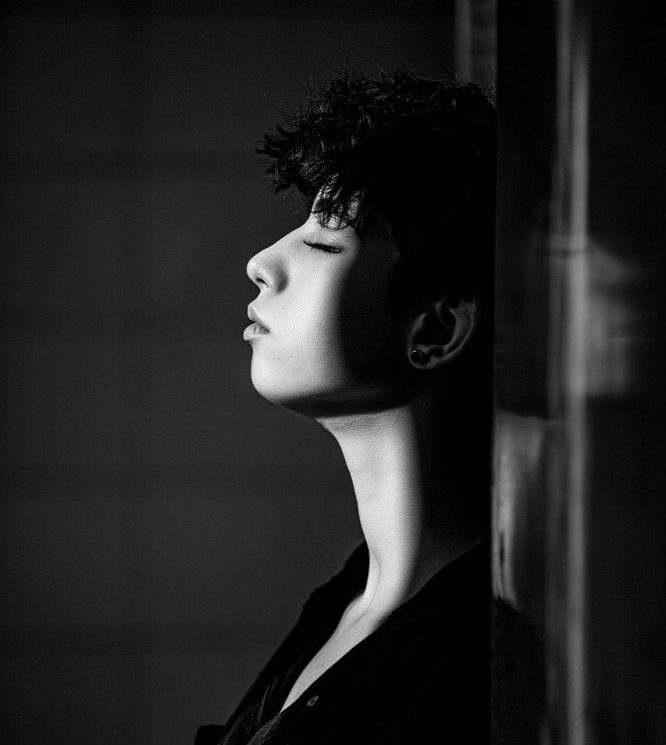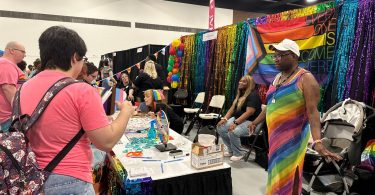When it comes to mental health, LGBTQ+ women are at the forefront of experiencing anxiety and depression, a new report shows.
The National LGBTQ+ Women’s Community Survey released a report this week collecting data from more than 5,000 women identifying as gay, lesbian, pansexual, bisexual, queer and asexual women living across the U.S. The study’s main purpose was to discover how the stressors of racism, misogyny and other forms of discrimination impact the health of LGBTQ partners in a relationship. And the findings are not pretty.
According to the report, 44% of respondents experienced anxiety disorders, and 51% suffered from depression. Those rates are nearly double when compared to the overall general population. LGBTQ+ women also face high rates of suicide, with the report revealing that 22% of respondents have tried to take their own life at some point, which is four times higher than the general population. Attempted suicide rates were even higher among LGBTQ+ women who were trans and part of the BIPOC community.
The findings of this report are comparable to Harvard University’s Nurses’ Health Study II, which found that lesbian and bisexual women live 20% to 37% shorter lives compared to their straight counterparts. Harvard’s study linked the reduced rates to “toxic social exposure” these women face due to discrimination.
“The Nurses’ study underscored the critical importance of the National LGBTQ+ Women’s Survey’s work to expose and address the complex labyrinth of discrimination impacting LGBTQ+ women’s health across their lifespans,” the report states.
The LGBTQ+ community has long battled discrimination in housing, employment and their personal lives. Nationally, 75 anti- LGBTQ+ bills were passed last year, mostly related to restrictions on gender-affirming care for transgender children. This week’s survey also highlights barriers LGBTQ+ women face when seeking healthcare, with only 55% of respondents reporting that they received care under a primary doctor compared to 77% of the general population. High numbers of women in the survey also reported postponing care due to fears of discrimination and refusal of care by doctors.
For example, 14% of respondents reported never receiving a Pap smear, a test that is crucial for detecting cervical cancer early. One woman, whose identity remains anonymous, described her doctor as being “well-intentioned but not well-informed.”
“My PCP told me I didn’t need a pap smear because I wasn’t sexually active with men,” the woman told researchers. “I went home and learned that that wasn’t correct, so I had to ask for a Pap again at my next visit.”
Another LGBTQ woman discussed healthcare discrimination related to being a woman and obese. “While pregnant I received my best care. Immediately after giving birth, I received my worst care,” she told researchers. “The healthcare was for the fetus, not me.”
High rates of domestic violence and post-traumatic stress disorder also significantly impact LGBTQ women. To help solve these issues, the study suggests that institutions hire culturally competent LGBTQ physicians. It also suggests more funding for LGBTQ+ mental health research and expanding housing access for LGBTQ individuals.
Despite the challenges they face, LGBTQ women continue to embrace their identities amid adversity, depicted in the confident statements they told researchers, including “freedom of expression,” “chosen family,” “I’m so glad I’m queer!” and a “sense of being known and cherished.” But this statement seems to accurately sum up the pride LGBTQ women have in their uniqueness: “We’re honestly just so f***ng cool.”







